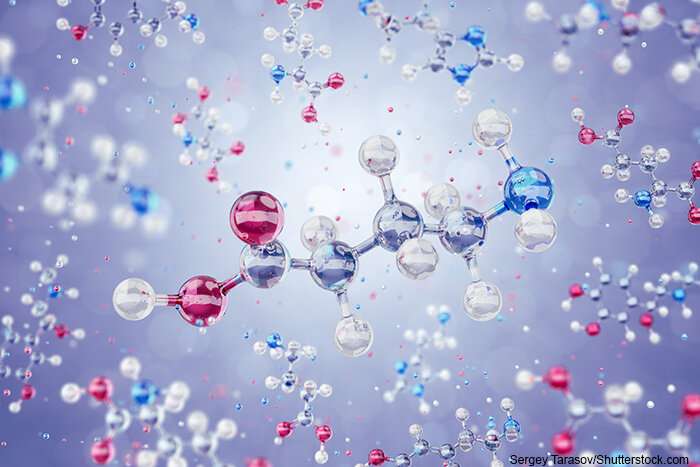Research led by Si-Qiong June Liu, MD, Ph.D., Professor of Cell Biology and Anatomy at LSU Health New Orleans School of Medicine, discovered a surprising reciprocal interaction between chemicals in the brain resulting in accelerated loss of molecules that regulate brain cell communication. The research team's findings are published online in Nature Communications, available here.
Working in a rodent model, the researchers showed that the release of Gamma-Aminobutyric acid (GABA), an amino acid that acts as a neurotransmitter, hastens the breakdown of endocannabinoids in the brain. Endocannabinoids are naturally produced molecules that regulate how brain cells communicate, and their dysfunction can lead to neurological disorders. Endocannabinoids are produced "on-demand" and are removed when they are no longer needed. The researchers found that GABA upsets this delicate balance. Endocannabinoids are critically involved in several aspects of emotional memory processing, and the researchers found that memory formation through fear conditioning selectively speeds up their decline in the cerebellum. The findings reveal a potential therapeutic target to regulate the rate of degradation of endocannabinoids and provide an effective way to alter behavior.
"Endocannabinoids control emotional behavior," notes Dr. Liu. "Learning increased the release of the inhibitory neurotransmitter, GABA, and this was responsible for driving the change in endocannabinoid degradation. This form of plasticity is responsible for the formation of fear memory. Our findings suggest a novel mechanism for the physiological regulation of endocannabinoid signaling and for modulating emotional behavior."
More information: Christophe J. Dubois et al, Inhibitory neurotransmission drives endocannabinoid degradation to promote memory consolidation, Nature Communications (2020). DOI: 10.1038/s41467-020-20121-3
Journal information: Nature Communications
Provided by Louisiana State University
























